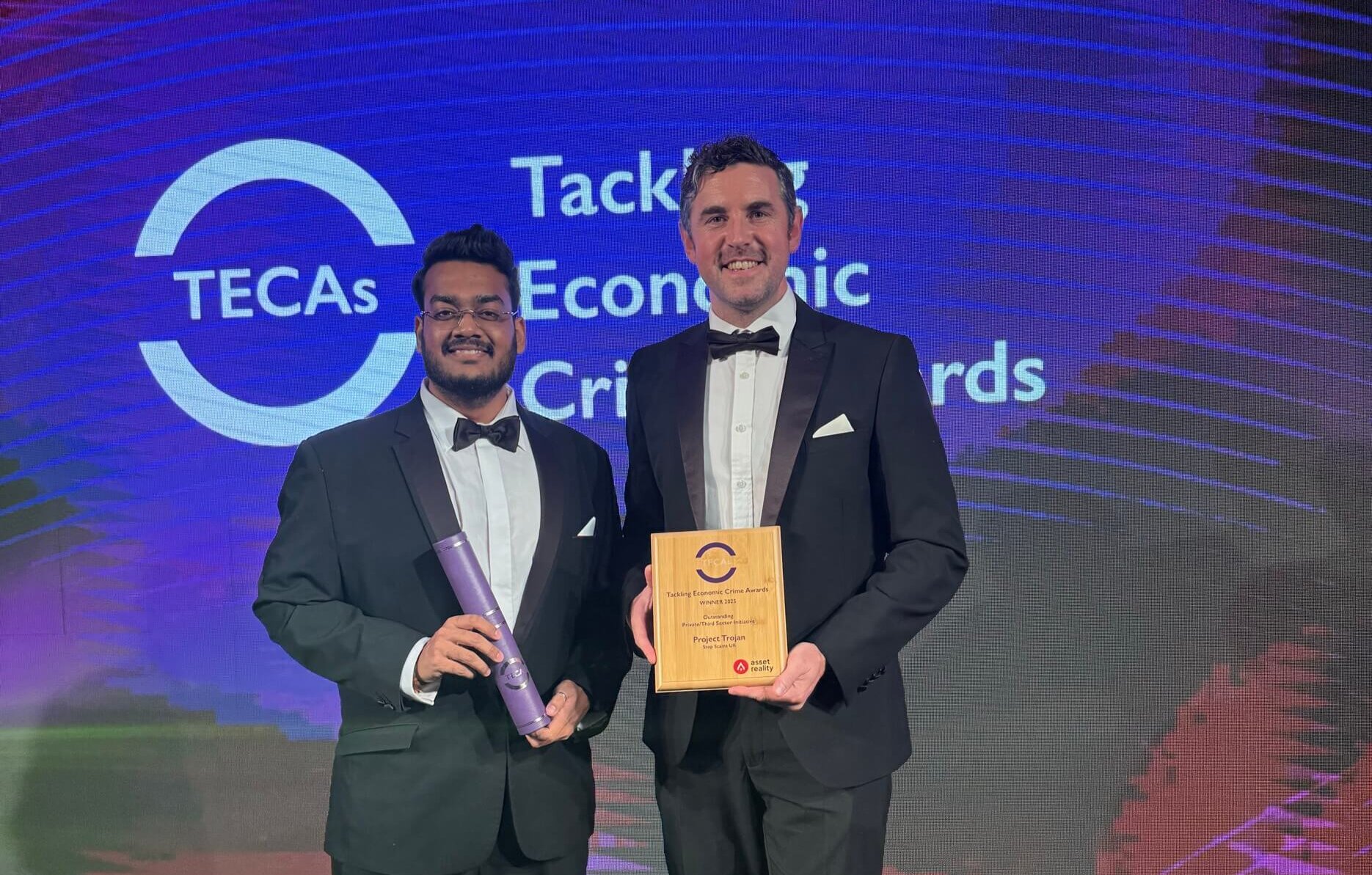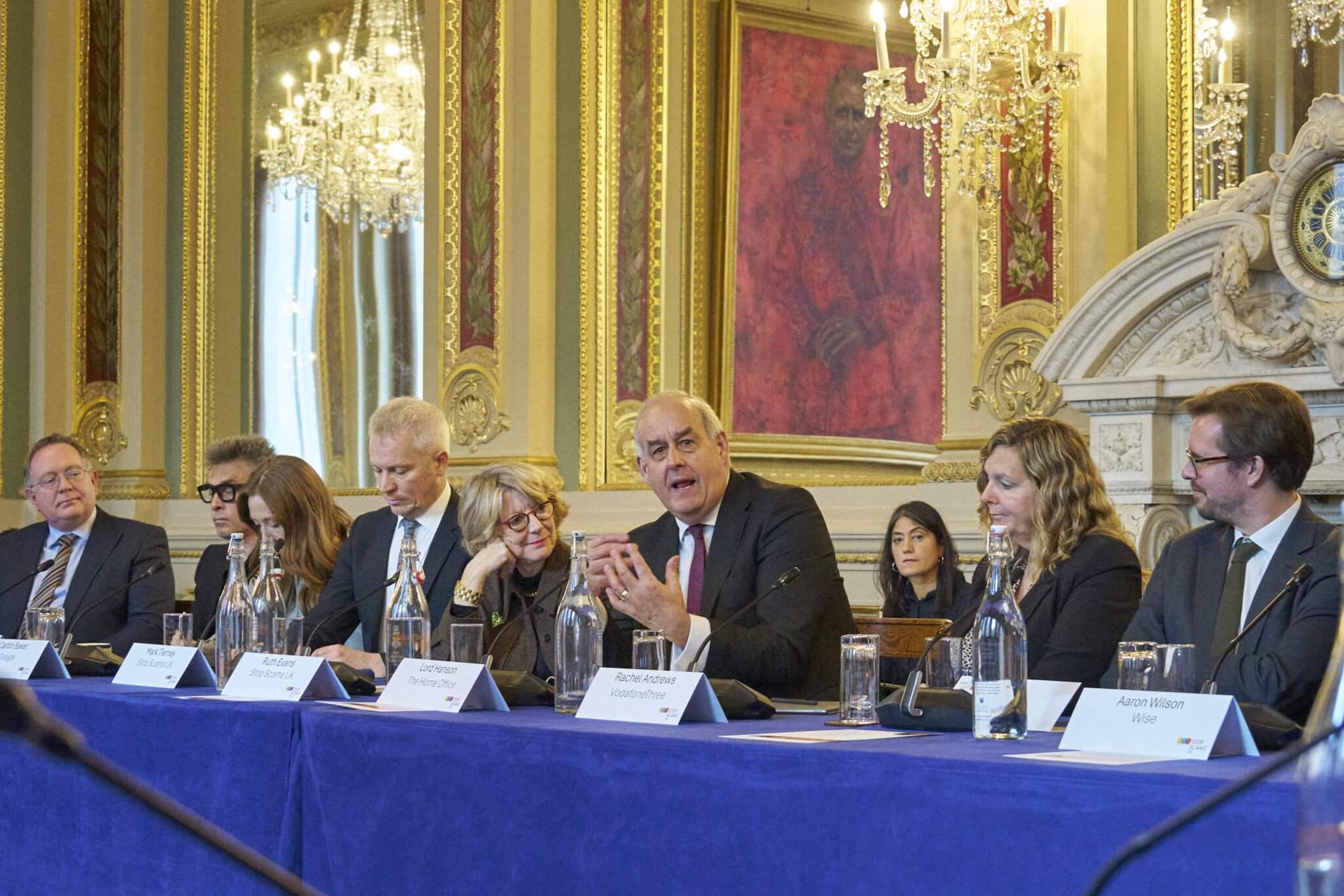Dr Lis Carter is a renowned criminologist and forensic linguist who conducts interdisciplinary research at the intersection of language and the law.
She examines how interactional, ethical and social drivers are manipulated by fraudsters, and the intricate balancing act between power and persuasion, credibility and vulnerability.
Here’s what she had to tell Stop Scams UK when we put our questions to her.
What impresses you most about your industry’s response to scams?
“What’s incredibly impressive is how over the past few years, industry has listened to evidence and insights that have upended previous knowledge about fraud that was embedded within individual organisations and the wider industry culture. It’s incredibly hard to make such a wholesale perception change, particularly as it’s easy to remain in a well-worn groove and keep doing the same thing because ‘it’s the way we’ve always done it’.
On the whole, much of industry has managed to embrace the reality of fraud as often grooming and coercion
Dr Elisabeth Carter
“There is still some of that about, in well-worn campaigns, strategies and legacy and old-style internal and external counter fraud culture, but mostly there is recognition that these approaches just aren’t effective, can actively damage public perceptions of fraud and limit their capabilities to recognise it and report it, as well as adding to rhetoric of shame for those who didn’t ‘spot it’.
“On the whole, much of industry has managed to embrace the reality of fraud as often grooming and coercion, rather than an idea of fraud as just another type of acquisitive crime the public can easily protect themselves from, and take time to want to understand they can then pivot their strategies, and achieve internal culture change, or strive towards this.”
What have you been working on recently that makes you feel motivated?
“I’ve been working on examining how sextortion manifests within romance fraud – it’s so important that the multiplicity of frauds is recognised; they are not always the result of one sole Modus Operandi, one focus or one goal. Often, frauds are a mix of attempts to part the victim from their money, and in the course of my recent research, I have found that there is a type of sextortion that is specific to romance fraud.
“I have termed this ‘romance fraud-enabled sextortion’, which has important ramifications in terms of identifying offences, protecting victims and safeguarding the public. You can read all about it here in my recently published book, which is free to access online.”
What would you do if you were given the keys to number 10 tomorrow?
“I would use my office to ensure that crimes that involve coercion, grooming or abuse such as interpersonal frauds and coercive control would be treated seriously, regardless of financial loss or physical harm. Law enforcement officers nationally would be trained as part of basic and then advanced provision in recognising these crimes and identifying and supporting victims (including considering Achieving Best Evidence interviews).
“The criminal justice system as a whole would be given the tools to work effectively to investigate these crimes, recognise the harm, charge and prosecute offenders, with sentences that reflect that harm.”
 Members Area
Members Area


